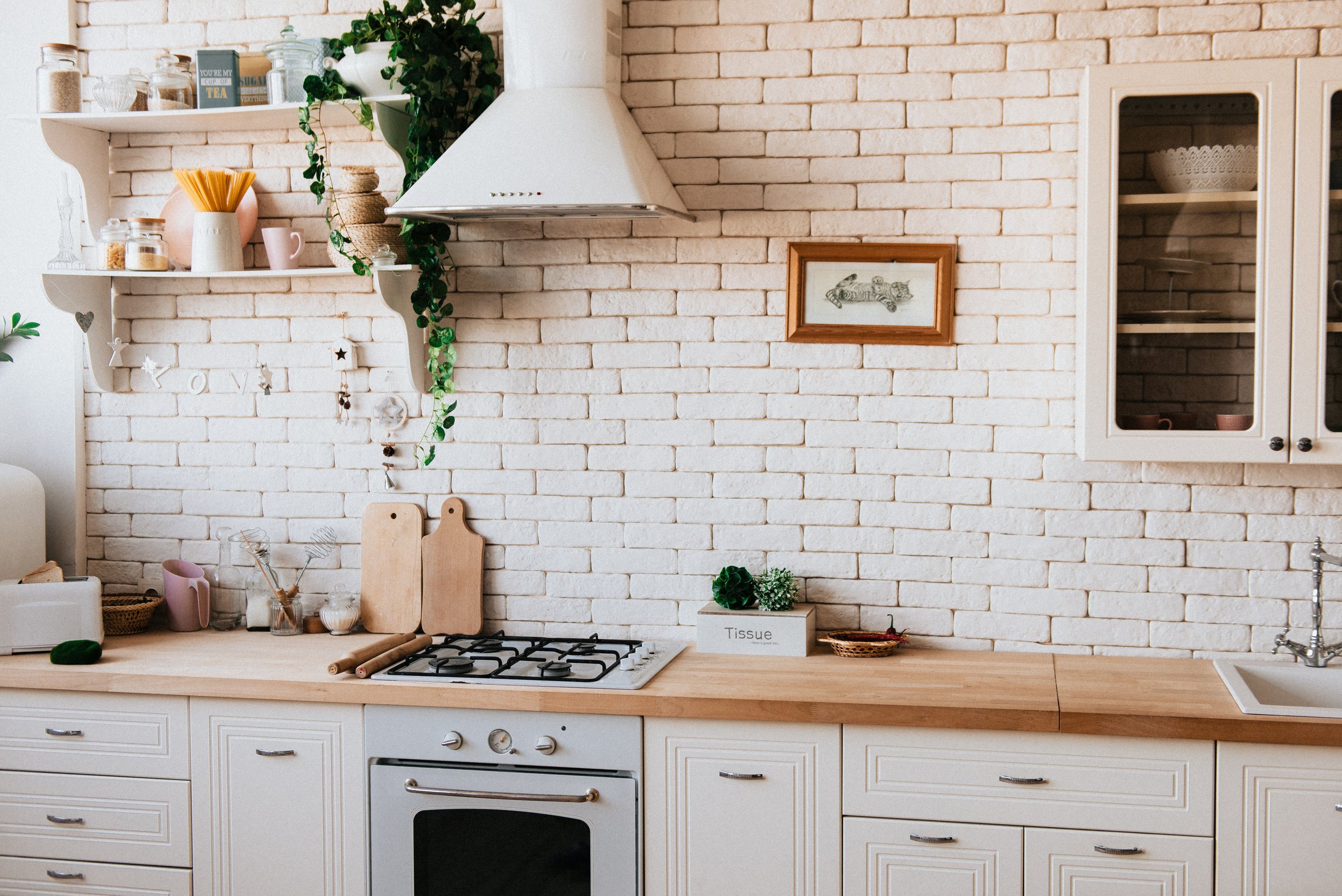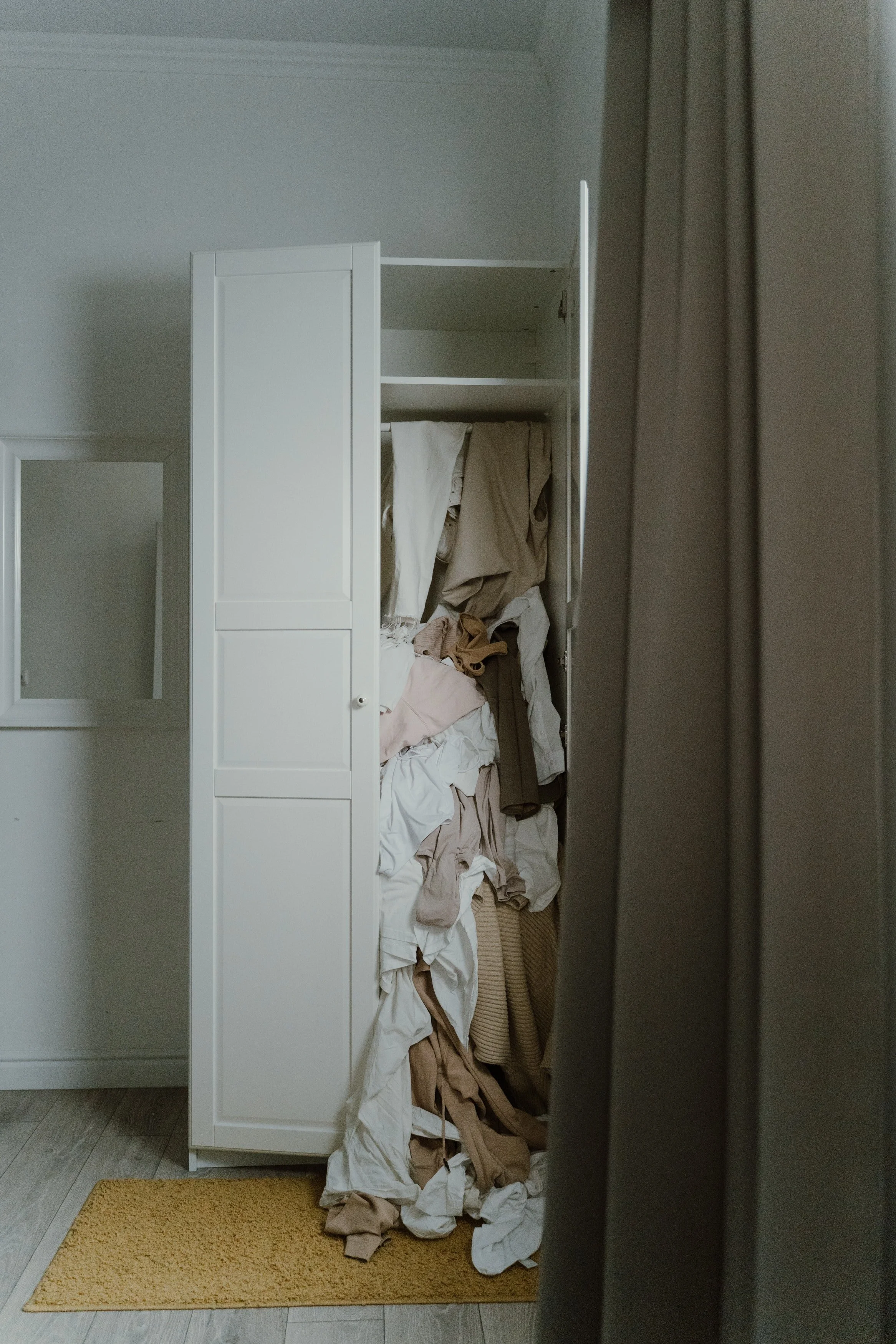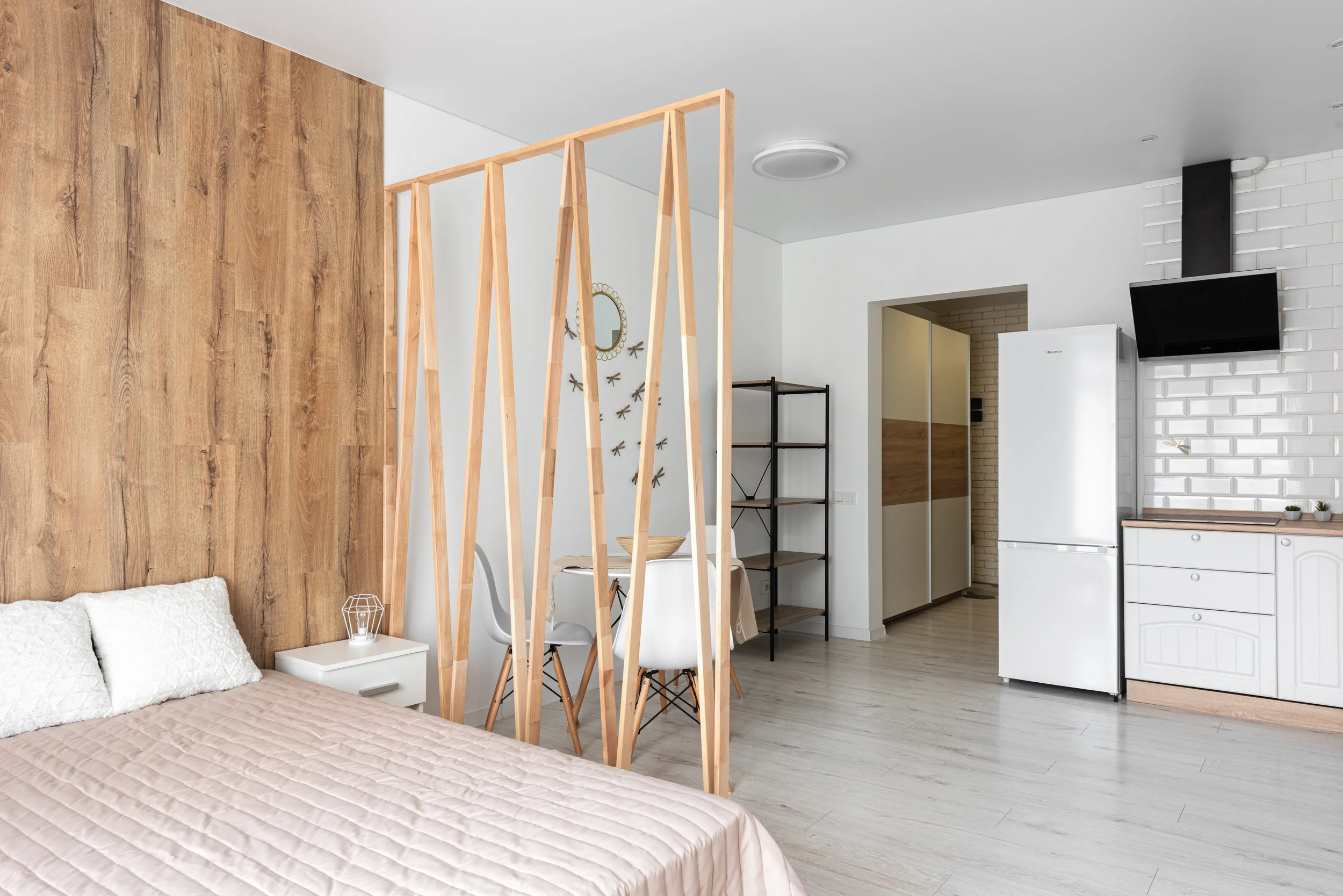What You Should Know Before Moving Into a Studio Apartment Alone
by Tamanna Sood ‘24
I’ve always wanted to live alone. Don’t get me wrong, housemates and the experience of living with friends is a crucial part of the college experience. From living in a small, shared room in a college dorm to a big party house, I’ve lived just about every way a college student can. I loved every bit of it too. However, I am a person who loves her own space and the freedom of living on her own schedule. Because of that, I decided to live alone in a studio apartment for my senior year.
While living in a studio has been an amazing experience so far there are a number of things that I’ve learned along the way. Here’s what you should know before moving into a studio.
A Tiny Kitchen Can Be a Nightmare
One of my favorite things to do at home is cook. I love food and everything that goes into food prep, but it’s a time consuming activity. In previous living situations, I rarely had the opportunity to cook because the space was shared, and I struggled to find a time where both the kitchen and I were free. This resulted in eating out a lot and spending tons of money Doordashing food. Cooking was at the top of my list of reasons to live alone.
I knew that a studio would never come equipped with an open concept, five-star kitchen, however, I didn’t realize just how hard dealing with limited space in the kitchen would be. Counterspace is virtually non-existent in studio kitchens. You might have one to two feet of counter space that serves as the only place where dishes are dried, vegetables are chopped, and meat is marinated.
Some ways to get around this are buying extra furniture like side tables and kitchen consoles, but these can easily cost a couple hundred dollars. I bought more furniture and created a routine to manage my kitchen. This means staying more on top of kitchen chores than I might in a bigger kitchen like drying and putting away dishes, chopping everything in advance, and marinating meat overnight to make the most of the space. If you are a big cook, a small studio kitchen may not serve you and your needs.
Chores Can Get Away From You
Living in a studio allows you to live your life on your own schedule. Having access to your own room, bathroom, kitchen, and living space is so liberating. Not having to build your schedule around other people opens up so much time in your day. Having my own apartment has greatly improved my mental and physical wellbeing in the short time I’ve lived on my own.
Sometimes, though, this freedom is also a double edged sword. It’s easy to get lazy when you only have to care for yourself. Chores that you dislike are easily ignored when there’s no one else to hold you accountable. For example, I’m pretty comfortable keeping my space clean, however, I’m terrible at organization. Though technically clean, my space often looks messy because I never put things away. My clean laundry will stay on my couch for days. Boxes of packed clothes have yet to be unpacked and broken down. It takes inviting friends over to get me to confront the disorganization.
The Reality of Being Alone Can Be Intense
I went from living in a house with six other people and spending the summer with my family to living completely alone. The adjustment period was a little jarring. One of the hardest parts of living in a studio for me is getting a grip on my anxiety.
As a serial overthinker, living alone has presented challenges because it means there isn’t someone around to distract me when I start to spiral. I’m lucky to have a partner that makes a lot of time for me, but if you deal with similar issues and don’t have a strong support system, a studio might not be the best living situation. Falling ill or missing home while living completely alone are isolating situations.
When I chose this apartment, I did my best to think ahead and picked a location near some of my closest friends to ease this, and I am so glad I did. Being surrounded by a community has helped when I’m feeling alone. When choosing a studio, make sure you’re being mindful of the location and distance to your support system at school.
Creating Designated Spaces Goes a Long Way
One of the ways I’ve managed to make my space feel larger is by creating specific designated spaces in my studio. In essence, my studio is just one giant room with a kitchen and a bathroom, but through careful planning and design, I was able to split my space into two sections: a “living room” and a ”bedroom.”
In my experience, assigning one half of my room as my personal space and the other half as a communal space has helped me make my room feel a lot bigger. This can be achieved by adding dividers or organizing furniture to create pathways in your space.
Surprisingly, one of the biggest things that I’ve learned while decorating a compact space is that picking the correct types of furniture pieces can actually make your space look bigger. When I first moved into my empty studio, I was prepared to ditch most of my furniture and embrace the minimalist lifestyle. The problem with that is that there’s suddenly nowhere to put things away.
Buying furniture that has multiple roles in your home ( an ottoman with storage, a rolling cart, a tv console with multiple drawers) can really impact how functional and large your space feels. Some great blogs to learn more about interior design and taking control of your space are The Spruce, Apartment Therapy, and Lana Red Studio. Searching up interior design hacks on Pinterest and TikTok is another great way to get tips on maximizing your space.
Want more from Trojans 360?
Visit Trojans 360 on Facebook & Twitter to stay up to date with more student content! You can also Ask A Trojan an anonymous question, and we’ll try to answer it in a future post. And don’t forget to follow us on Instagram!
Trojans 360 is USC’s official student-run blog. Content created by students, for students.




